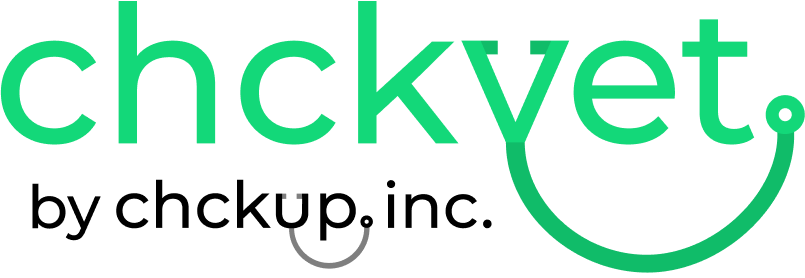Table of Contents
What Are Some Common Scheduling Conflicts Your Staff May Encounter?
How Does Scheduling Software Keep Pet Owners Happy During Scheduling Conflicts?
How Can Automated Waitlists Prevent Lost Time in Your Practice?
Will Allocating Resources Prevent Scheduling Conflicts?
What Should New Staff Consider as They Start Booking?
Streamlining Your Veterinary Practice Operations for Clients and Staff
A Brief Guide for Preparing Your Veterinary Practice for Scheduling Conflicts
Elliott Greenwood
May 19, 2023 · 3 min read

Scheduling conflicts can create stress for your veterinary staff and clients. See how your practice can deploy professional communication to keep clients happy and avoid unnecessary delays.
Professional communication between your veterinary practice and pet owners is essential when managing your practice. However, surprise scheduling conflicts can make it challenging to keep up with appointments, phone calls, and quality customer service. The best way to tackle this problem is with practical training and time management tools.
What Are Some Common Scheduling Conflicts Your Staff May Encounter?
Without a practical scheduling policy, your staff may regularly book overlapping appointments.
Overbooking can reduce your staff’s quality of service and discourage clients from booking with your practice in the future. These common schedule conflicts create long waiting room times for pet owners and force your staff to work harder than necessary to keep up with demands.
Scheduling conflicts could also force you to make a difficult decision for your business when a client needs emergency attention.
For instance, you could gain a loyal client just by accepting them in an emergency (If your practice sees emergency cases).
However, doing so will delay everyone else’s appointments.
Your other option is to deny the emergency client and risk making your practice appear unreliable or unethical.
How Does Scheduling Software Keep Pet Owners Happy During Scheduling Conflicts?
Not all scheduling conflicts are avoidable, but it is essential to contact your clients well in advance if you need to make changes to their appointments.
Chckup’s Online Scheduling helps your front-desk staff avoid time-consuming phone calls by allowing pet owners to book the times that work best for both your practice and their schedule.
Chckup’s 2-Way Communication allows your staff to answer clients’ questions via email and text.
How Can Automated Waitlists Prevent Lost Time in Your Practice?
If you schedule appointments with clients months in advance, they could forget about them as the date approaches. By setting up automated reminders that alert clients at least one week before their appointment, you’re cutting down on a potential no-show.
Reminders keep clients on time and prevent wasteful gaps in your schedule that other clients could fill.
Creating a waitlist policy can also help your practice save time during last-minute cancellations.
This convenience gives your clients the option to see their veterinarian sooner than expected, improving your customer-business relationship.
Will Allocating Resources Prevent Scheduling Conflicts?
You can avoid creating your own scheduling conflicts with adequate staff training and attention to resource allocation.
Ensure all your veterinary assistants have access to the same scheduling software and calendars. This way you don't double-book appointments.
Scanners, phones, and computers also help your front practice staff save time when printing documents and organizing client information. Keep an eye on computer updates and schedule them for the end of the day to prevent surprise delays during peak hours.
Keeping a record of client data can give your staff an idea of what to expect when scheduling individual clients.
Some clients regularly need more attention from their veterinarians than others during their appointments. Reserving a longer block of time for these clients may help your staff avoid overbooking.
What Should New Staff Consider as They Start Booking?
Newer front-desk hires may not be aware that the back practice staff needs several minutes to wash up, put away equipment, and sanitize their spaces before seeing another pet.
Train your staff to allow 10 to 15 minutes between appointments to prevent double booking.
Your new hires should also have the information they need to identify emergency requests and prioritize them accordingly in the schedule.
For example, an emergency appointment may be necessary if a client calls complaining about limping, bleeding, or stool issues.
However, suppose a client calls about their pet’s vaccinations. In that case, it may be practical to prioritize their treatment within a few days — reserving unavailable time slots for those with serious health concerns.
Streamlining Your Veterinary Practice Operations for Clients and Staff
Managing your time and resources more efficiently and communicating with clients during scheduling conflicts will help your practice maintain a positive reputation. It will also help cut down the potential overworking and burnout of your staff.
Develop your scheduling policy as soon as possible to free up your staff and accommodate more clients.
At Chckup, we offer modern software solutions to simplify your communications and improve your veterinary practice’s performance. Our products include Online Scheduling, client communication, and practice performance enhancement analytics.
Don’t let scheduling conflicts prevent you from delivering world-class client care. Schedule a demo today!
Are you a veterinary professional?
If you're in the veterinary field and you're interested in giving your practice the extra hands it desperately needs, book an 8 minute demo with Chckvet. Our platform helps busy practices handle call overload, boost revenue per client, and increase client satisfaction by providing actionable insights and easy-to-use technology to help you stay on top of everything.
Book an 8 minute demo
Looking for a better solution?
Discover how Chckvet can help fill your schedule and give your team their time back.
